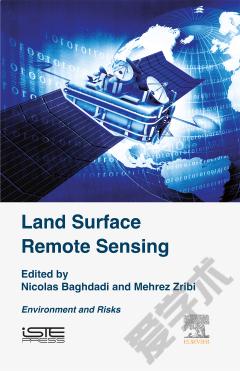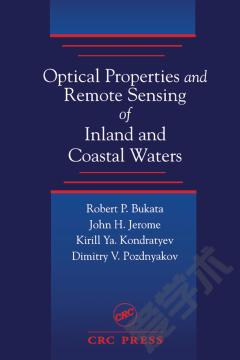Land Surface Remote Sensing in Urban and Coastal Areas
For a long time, the dynamics of urban and coastal areas have been the focus of administrators and decision makers in charge of public policy in order to better take into account anthropogenic pressure and the impact of climate change. This volume presents applications of remote sensing in urban environments and coastal zones, including the use of remote sensing in city planning (urban expansion, light pollution, air quality, etc.), observation of the properties of ocean color, the study of coastal dynamics (identifying coastlines and estimating sediment balances, etc.) and analysis of the dynamics of mangroves. This book, part of a set of six volumes, has been produced by scientists who are internationally renowned in their fields. It is addressed to students (engineers, Masters, PhD), engineers and scientists, specialists in remote sensing applied to the coastal environment and urban areas. Through this pedagogical work, the authors contribute to breaking down the barriers that hinder the use of Earth observation data.Clear-and-concise descriptions of modern methods of remote sensing for a variety of applicationsExplores the most current remote sensing techniques, with physical aspects of their measurement (theory) Presents physical principles, measurement, and data processing chapters that are provided for each technique described
{{comment.content}}








 京公网安备 11010802027623号
京公网安备 11010802027623号